Communication Theories, Principles, and Models in Education & Training
VerifiedAdded on 2023/06/18
|8
|711
|439
Essay
AI Summary
This essay provides an analysis of communication theories, principles, and models within the context of education and training. It examines transactional analysis as a psychoanalytic tool for understanding interpersonal behavior and its impact on student communication. The essay also explores the Shannon and Weaver model, detailing its components (sender, encoder, channel, noise, decoder, receiver) and application in teaching scenarios. Furthermore, it discusses the Johari Window model, focusing on its role in understanding relationships and enhancing perceptions in communication. The essay emphasizes the importance of effective communication in teaching, learning, and assessment, highlighting how these models facilitate knowledge transfer and skill development. This resource is ideal for students seeking a comprehensive overview of communication theories in educational settings.
1 out of 8
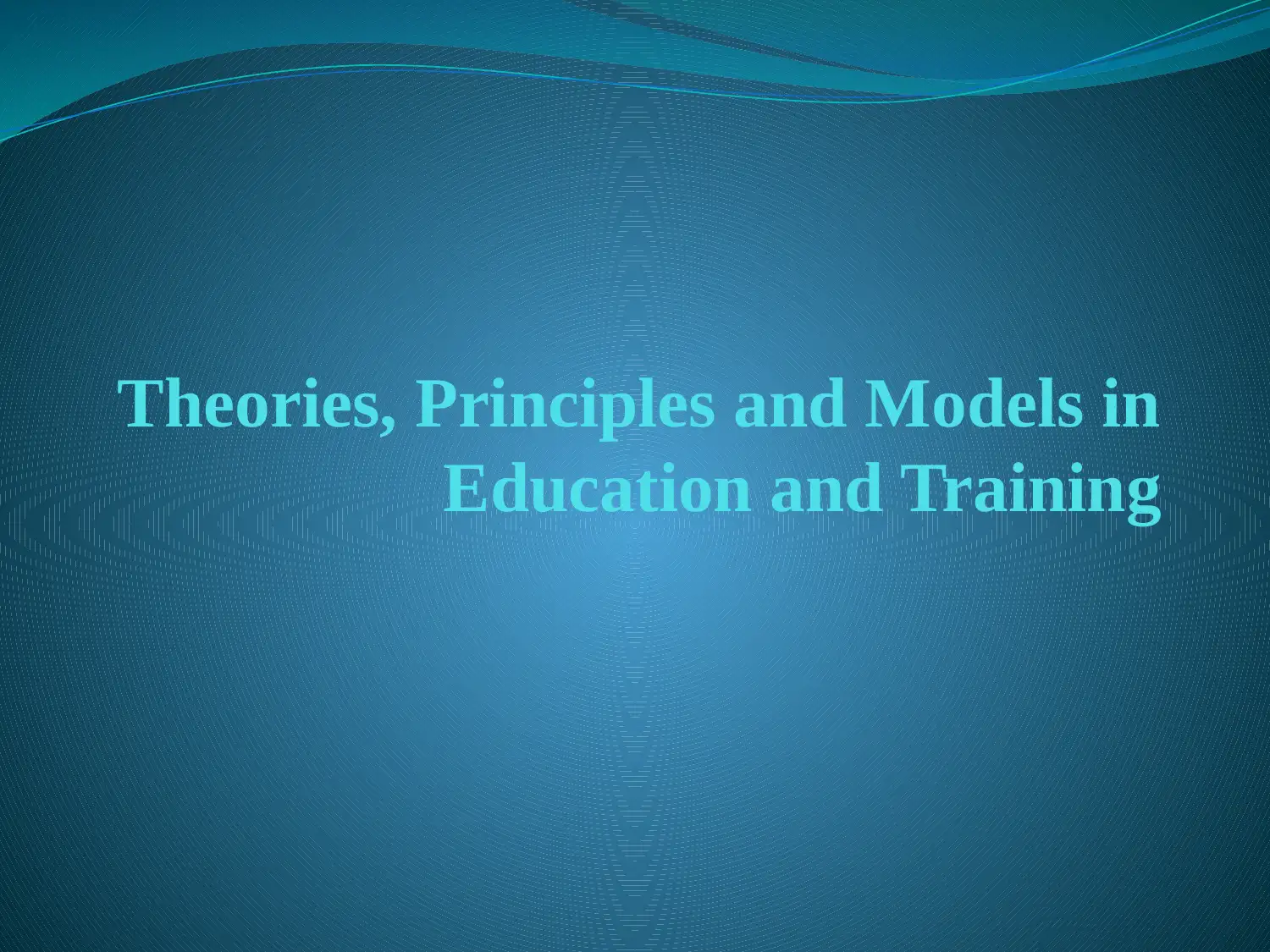
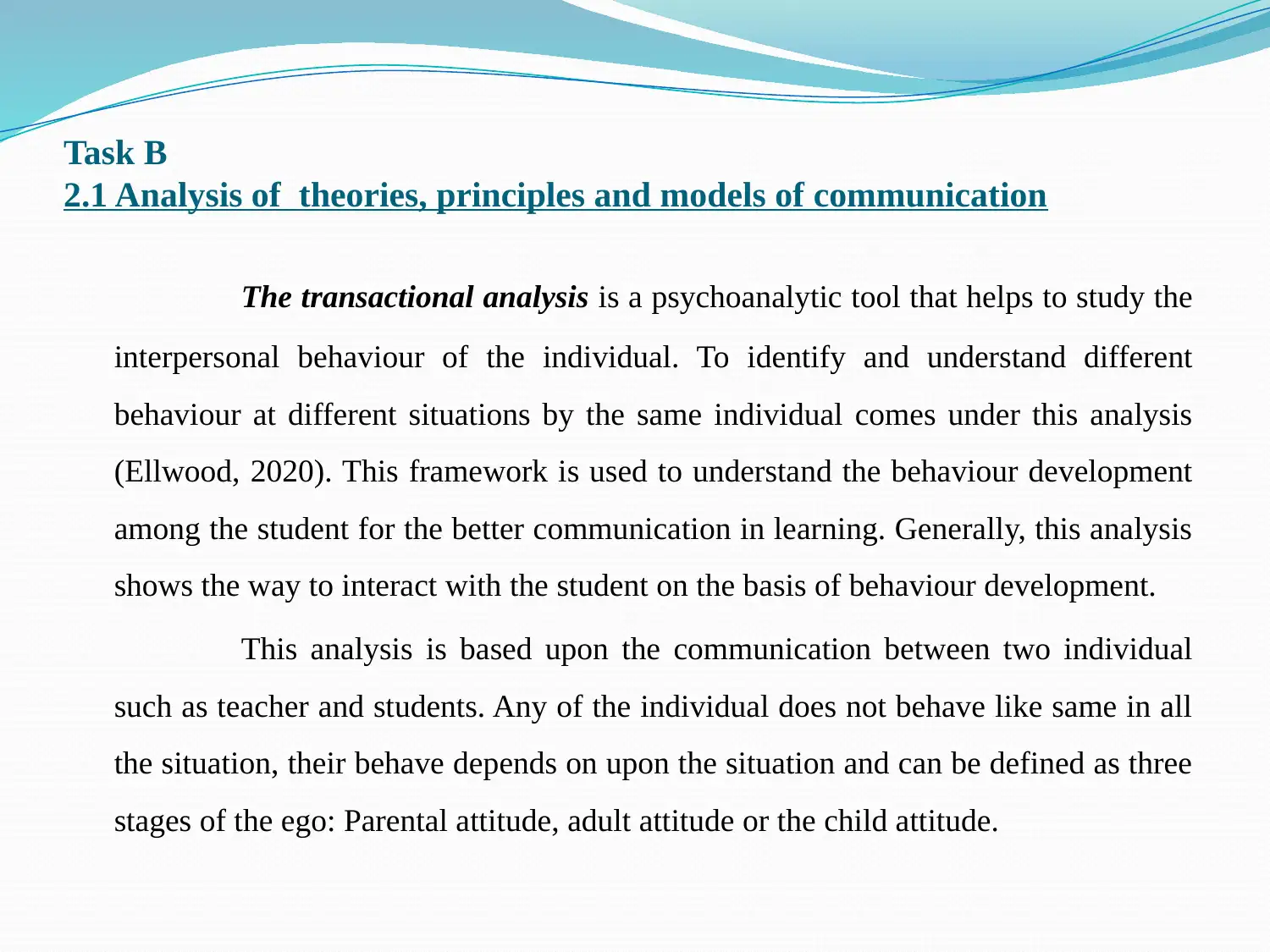
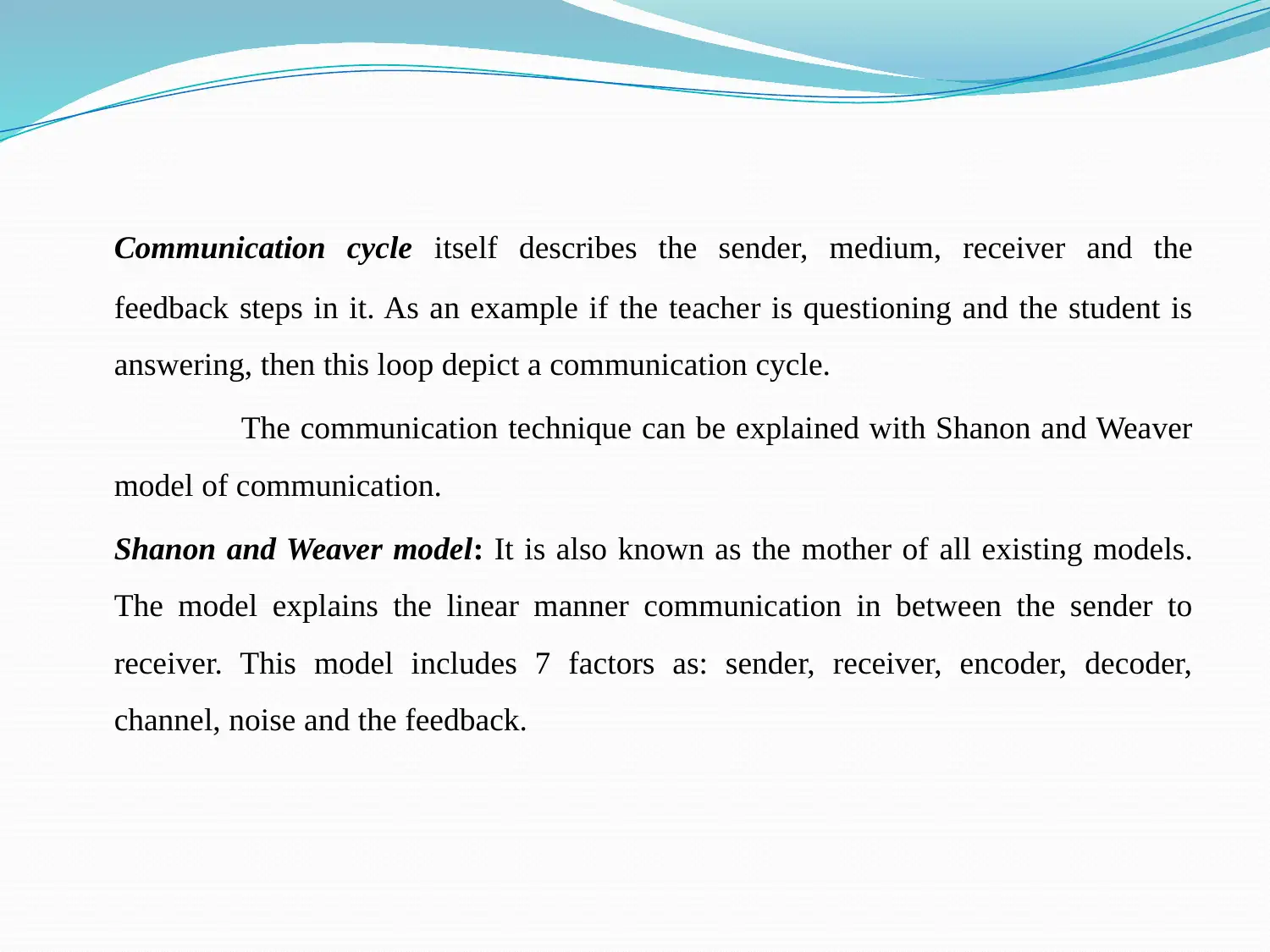

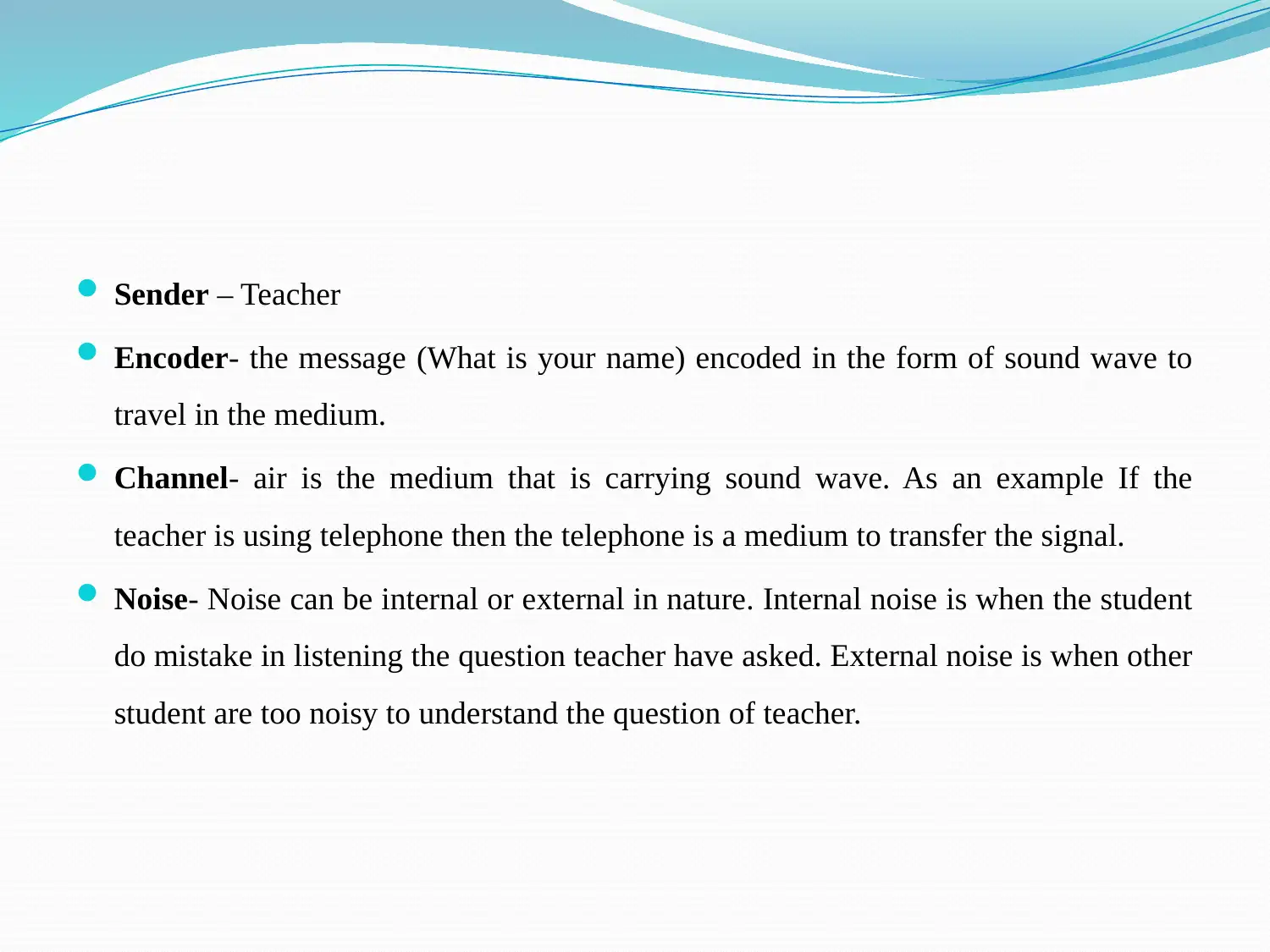
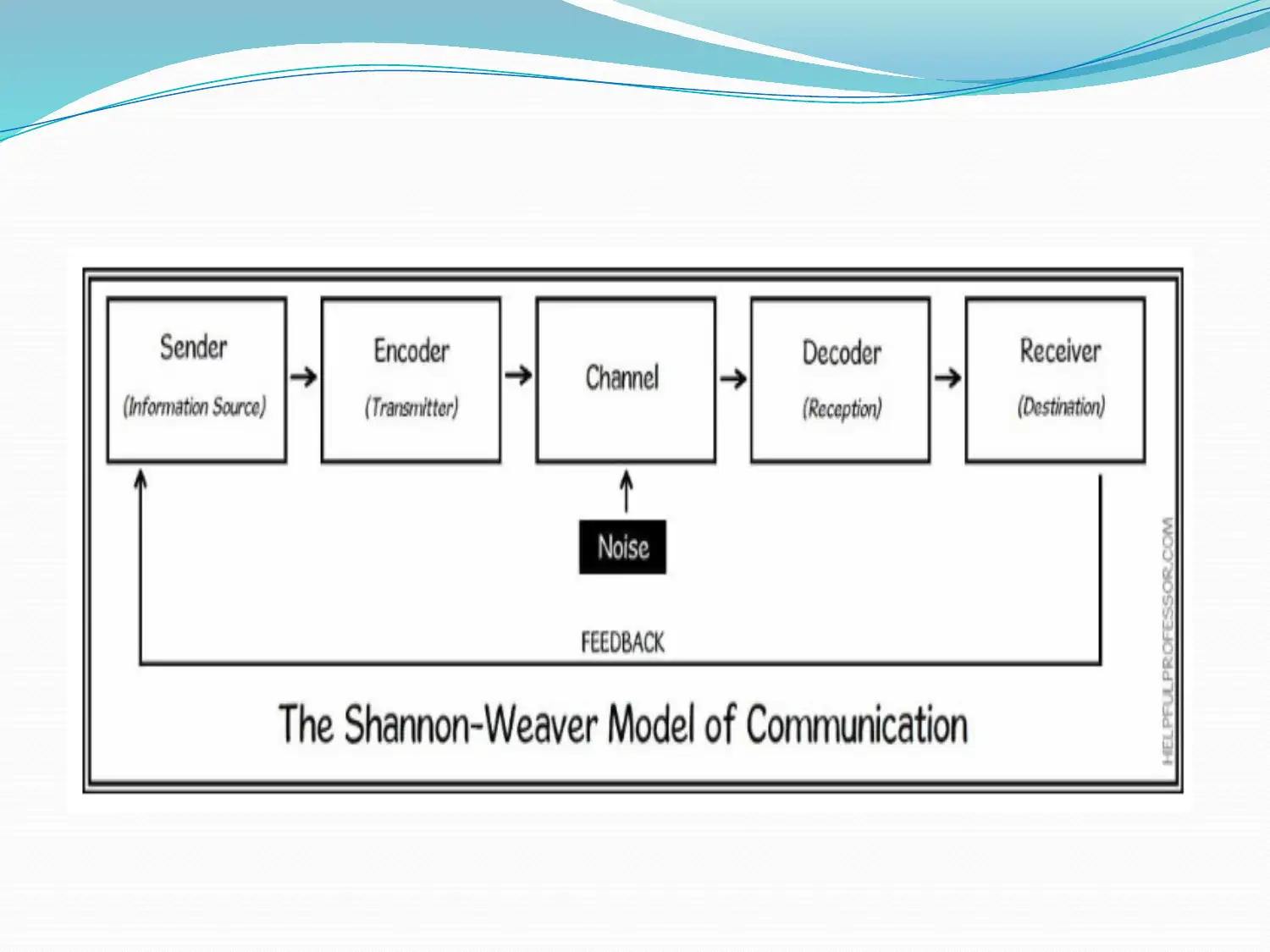
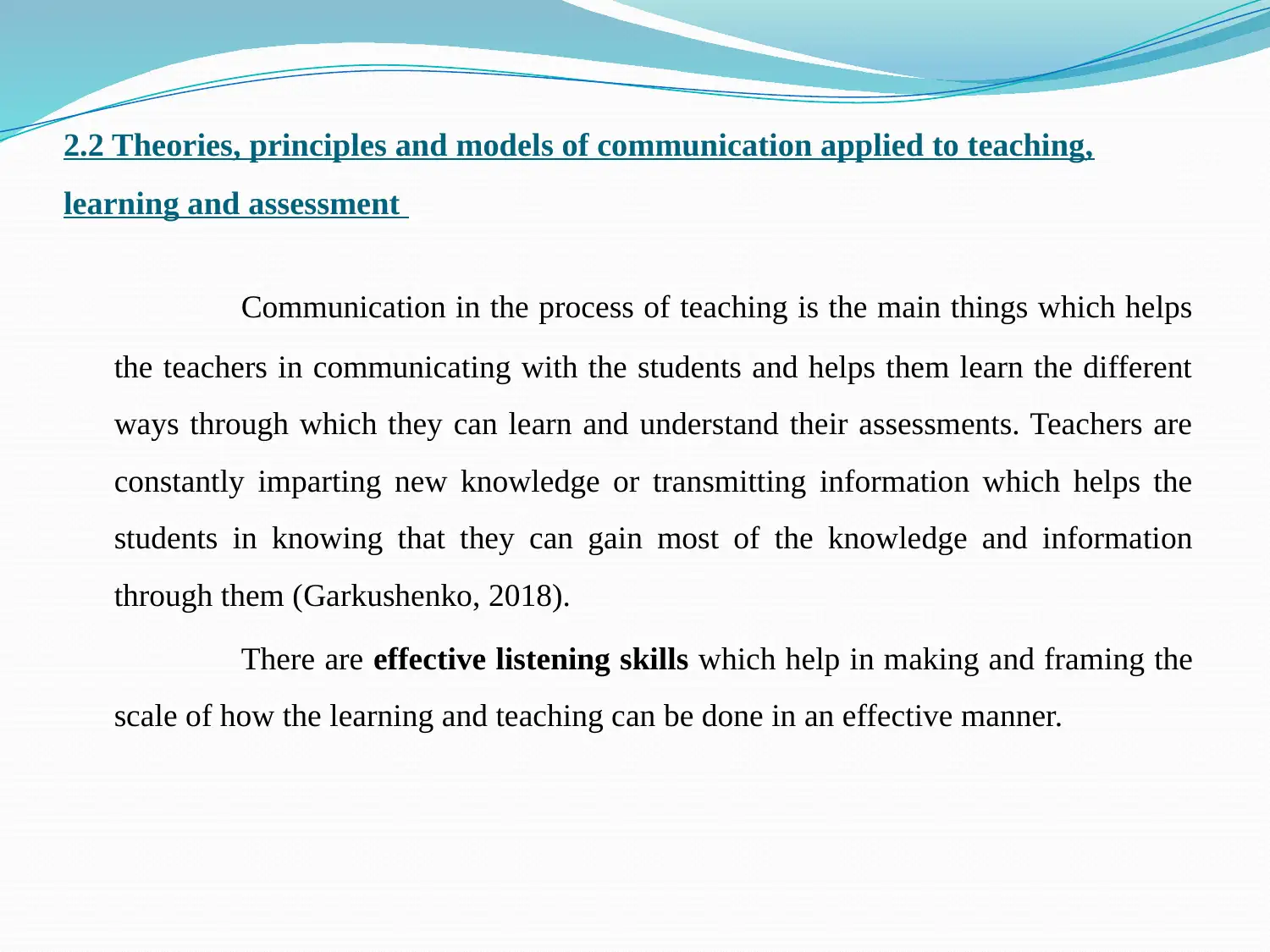
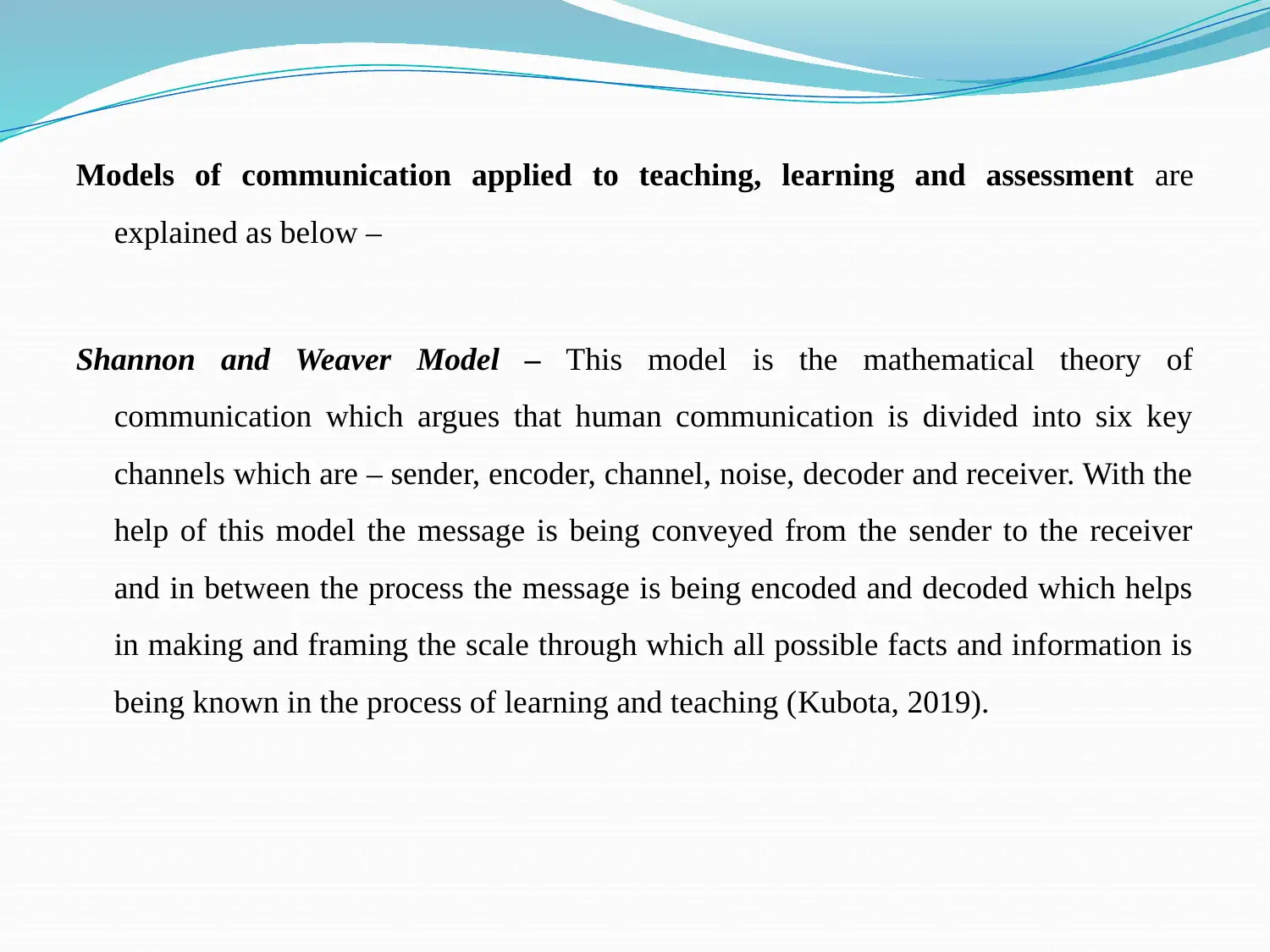
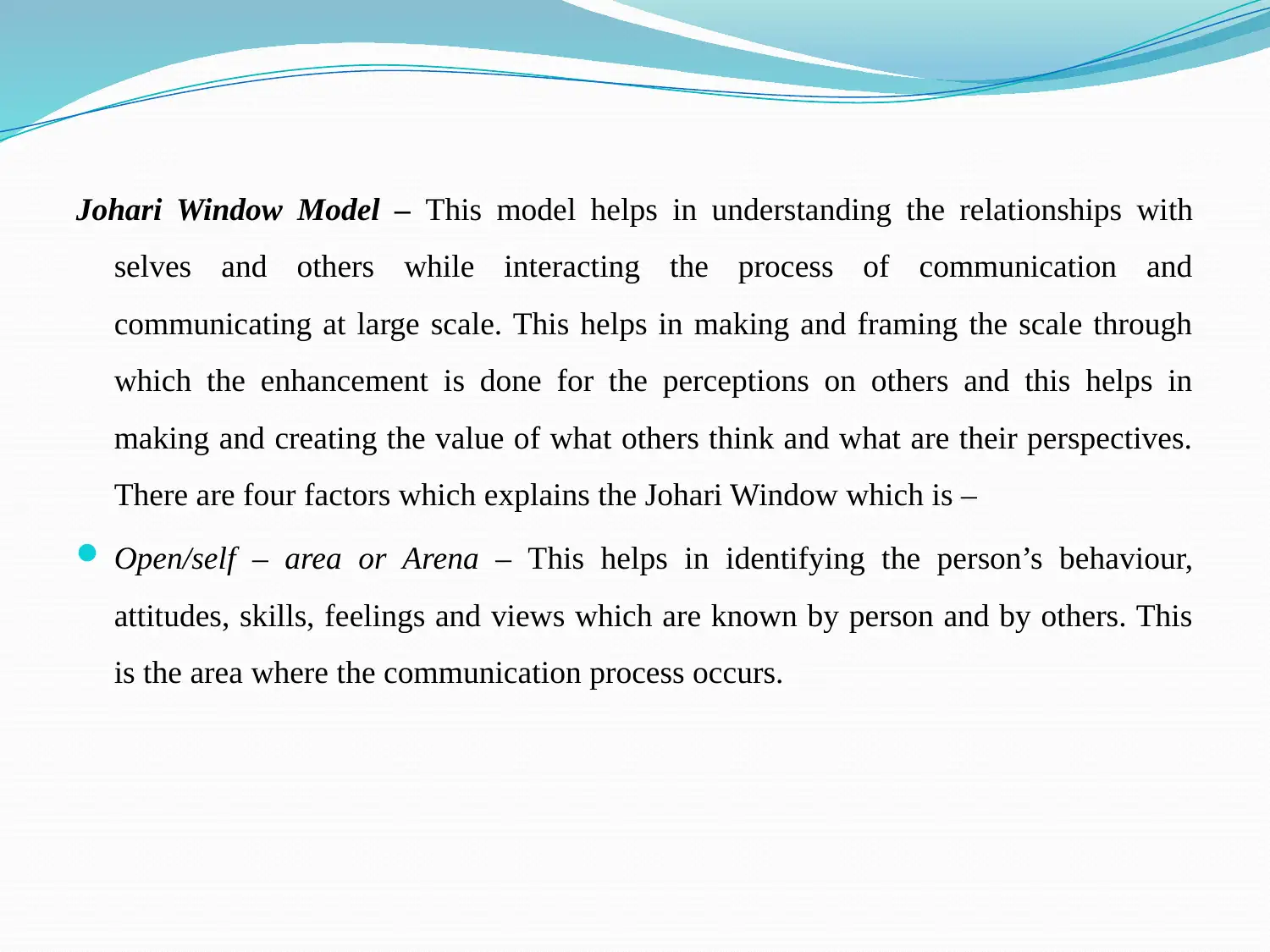




![[object Object]](/_next/static/media/star-bottom.7253800d.svg)